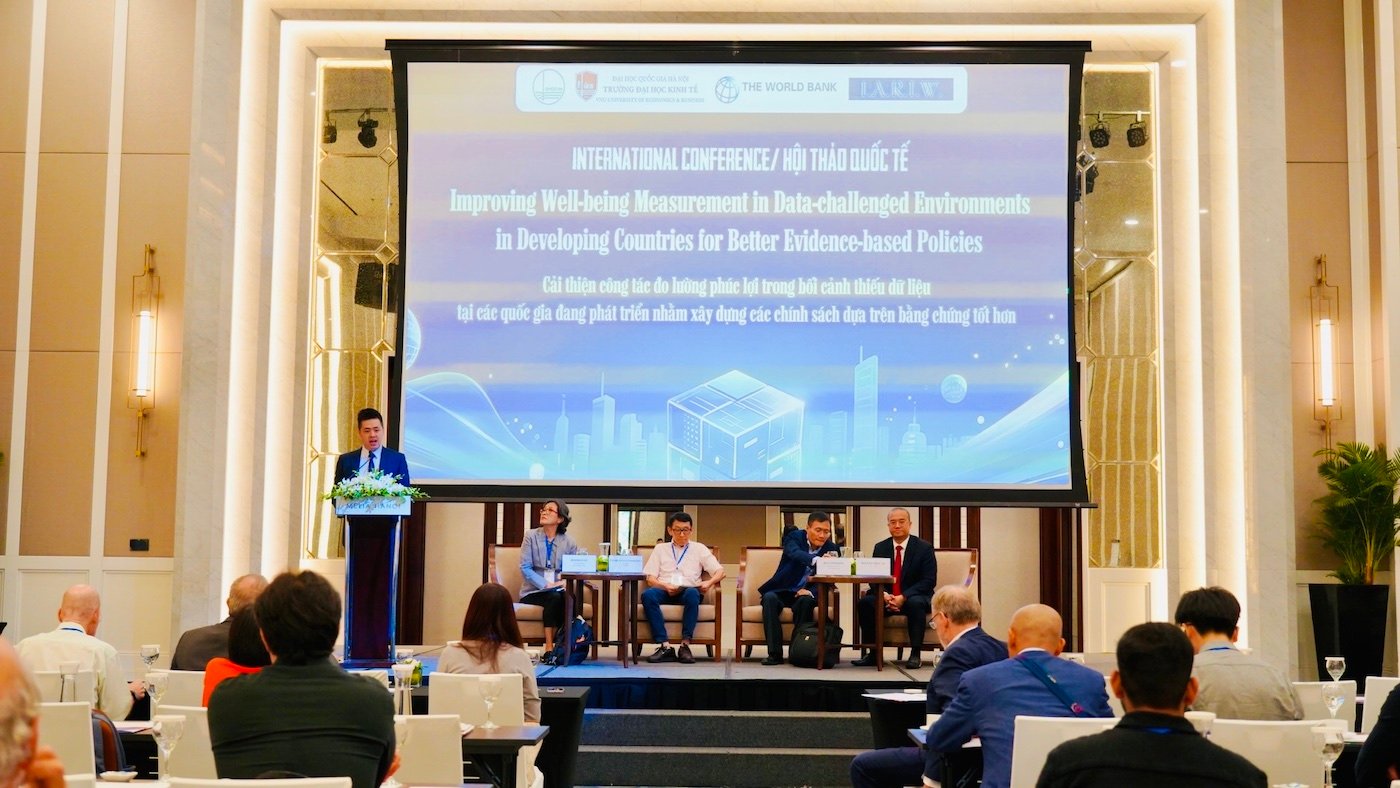 |
| International workshop on “Improving welfare measurement in data-poor contexts in developing countries to build better evidence-based policies”. |
On October 2, in Hanoi, the University of Economics , Vietnam National University, Hanoi, in collaboration with the International Association for Income and Wealth Research (IARIW) and the World Bank Group, organized an international workshop with the theme "Improving welfare measurement in the context of data shortage in developing countries to build better evidence-based policies".
Speaking at the workshop, Associate Professor Dr. Nguyen Truc Le, Chairman of the Council of the University of Economics, Vietnam National University, Hanoi, emphasized the essential role of data in effective policy making.
The guiding questions for the workshop were raised by Associate Professor Dr. Nguyen Truc Le, ranging from how to enhance poverty and welfare measurement in areas with limited data; the role and risks of new tools such as remote sensing, big data, small area estimation; integrating household inequality, generational shifts, non-monetary aspects such as food security, time, climate risks into welfare measurement.
At the same time, a major issue that needs to be discussed is the cause of data shortages in developing countries and solutions to overcome institutional and political barriers; how to innovate the framework for measuring poverty, inequality in the face of climate change, forced migration and new global risks.
Speaking at the workshop, Ms. Haishan Fu, Chief Statistician of the World Bank Group - one of the world's leading experts on development data, emphasized the key role of data in research and policy making. Over the past two decades, the amount of development data has increased dramatically, but the big challenge is not fully exploiting its value.
“According to the World Development Report 2021 Data for Better Lives, data is only truly valuable when it meets 12 characteristics of coverage, quality, accessibility, security and especially the ability to integrate between public and private data.”
Experts from the World Bank Group also cited examples such as Vanuatu's use of post-earthquake telephone surveys to provide timely relief; Bangladesh's deployment of the GEMS platform to consolidate data to help improve clean water infrastructure.
Conversely, outdated or fragmented data have undermined policy effectiveness.
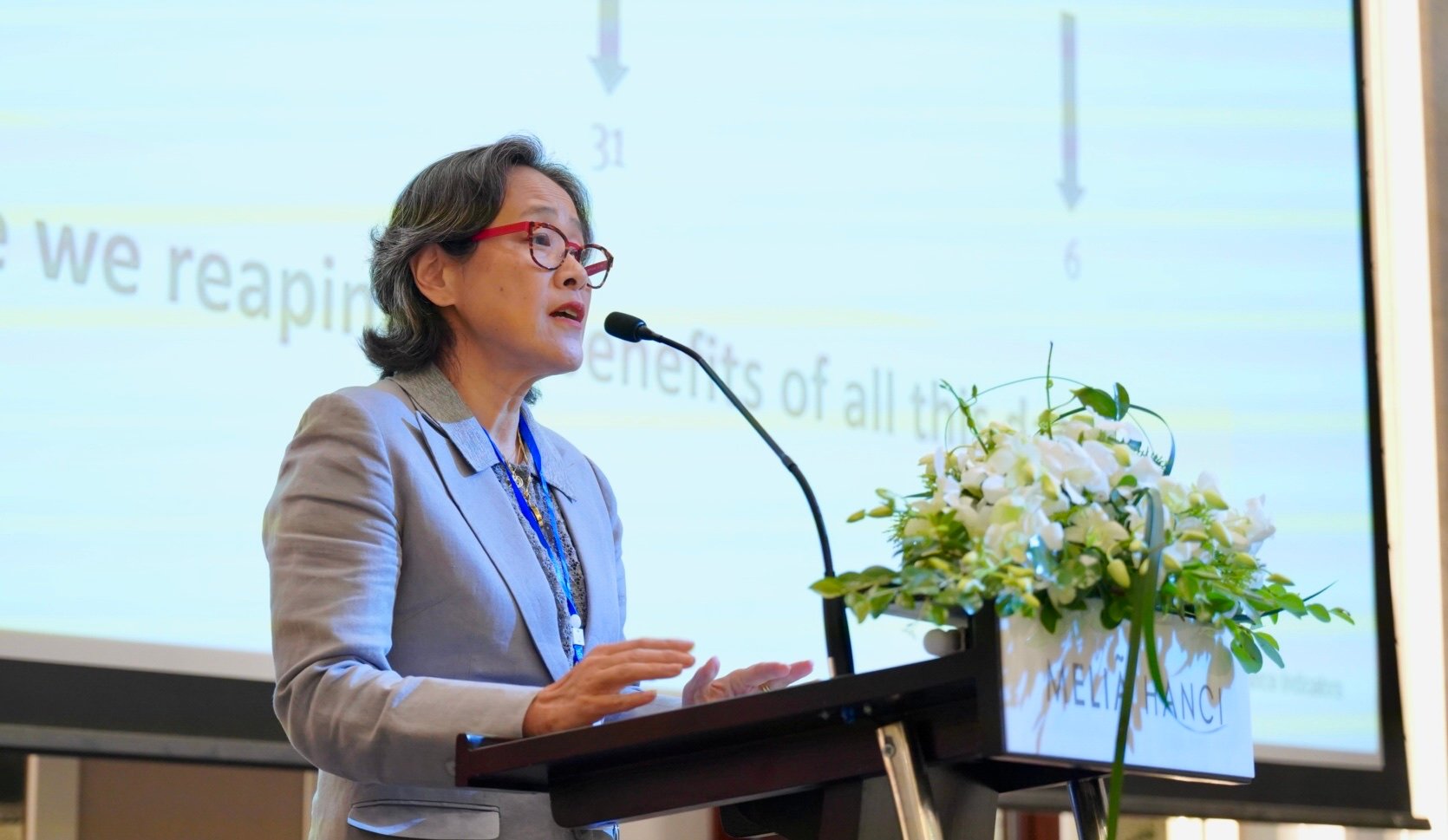 |
| Ms. Haishan Fu, Chief Statistician of the World Bank Group, said. |
At the same time, according to Ms. Haishan Fu, a new requirement is that data must be "AI-ready", both for AI to support quality improvement and for data to be ready for artificial intelligence applications.
This requires unified standards, strong digital infrastructure and open data principles. At the same time, it is necessary to fill the basic data gaps on income, assets, the informal economy and the digital economy through investment, skills training, improved governance and enhanced international cooperation.
The expert from the WB Group also noted that GDP is not enough to fully reflect social welfare and environmental sustainability. The international community is promoting the development of a set of indicators beyond GDP to measure more balanced growth, human welfare and planetary limits.
The workshop is an important platform for stakeholders to enhance dialogue, share knowledge and develop solutions for measuring poverty and well-being in data-deficient contexts.
At the workshop, speakers discussed advanced solutions and methods to overcome data challenges, including data integration and applying analytical techniques from more developed systems.
Experts stress that the development of economic policies, especially those to reduce poverty and promote prosperity, depends heavily on reliable measurements. Scarcity of data, lack of consistency, and difficulties in monitoring global goals are challenges that many countries are facing.
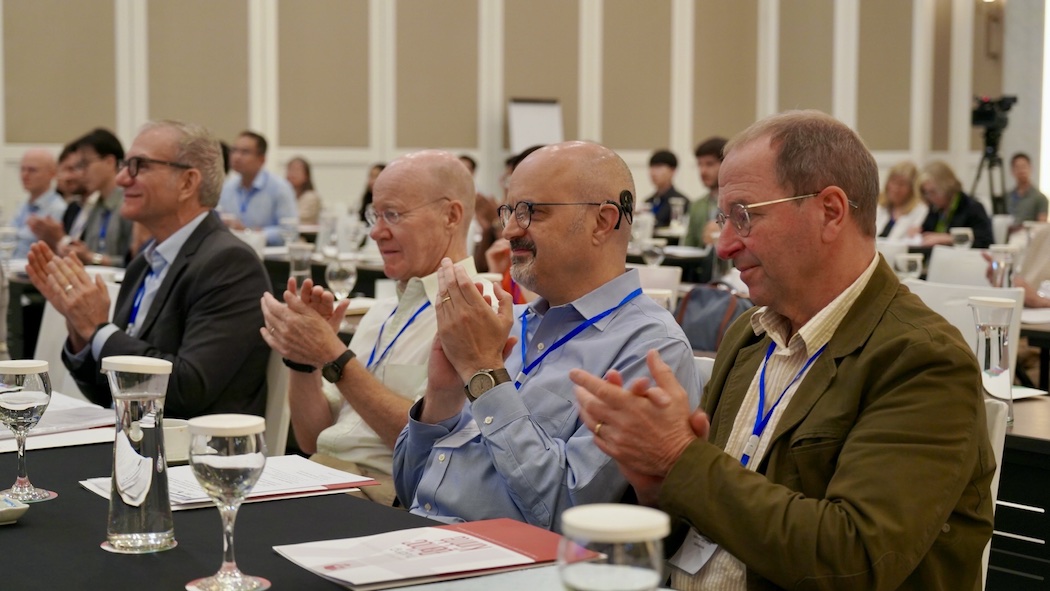 |
| International conference brings together leading speakers. |
The international conference took place over two days, October 2-3, with more than 50 research reports, focusing on topics such as measurement errors in statistics, inequality, poverty, social mobility, the impact of climate change and survey methodology.
The conference was honored to have the participation of leading speakers, in which Professor Stephen Jenkins (LSE) chaired the most important plenary discussion on “Improving Welfare Measurement”.
Parallel discussion sessions were also led by leading names such as Professor Haizheng Li from the Georgia Institute of Technology (USA), along with many other scholars from the Paris School of Economics, the University of Copenhagen, the University of Minnesota, and the University of Manchester.
In plenary and parallel sessions, academics and policymakers presented research on welfare measurement, income estimation, social mobility trends, climate change impacts, survey methods, and household welfare.
Case studies from Vietnam, Africa, China and developing countries are presented with new tools such as remote sensing data, small area estimation, cross-survey offset techniques.
Source: https://baodautu.vn/cai-thien-cong-tac-do-luong-phuc-loi-khi-xay-dung-chinh-sach-kinh-te-d400321.html


![[Photo] Super harvest moon shines brightly on Mid-Autumn Festival night around the world](https://vphoto.vietnam.vn/thumb/1200x675/vietnam/resource/IMAGE/2025/10/07/1759816565798_1759814567021-jpg.webp)





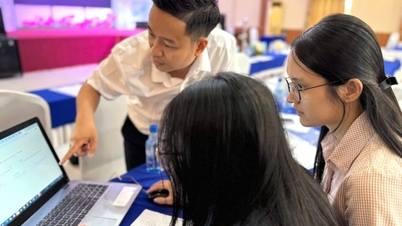





















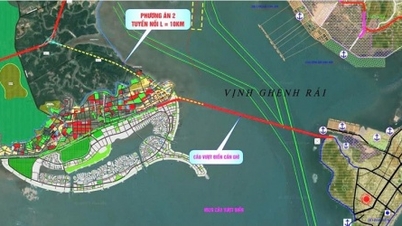






























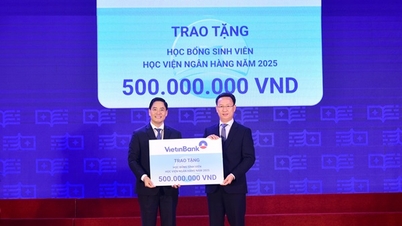




















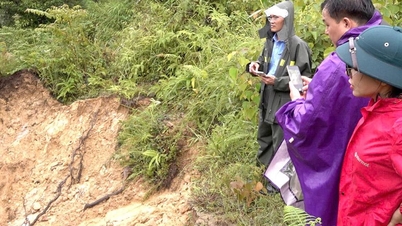






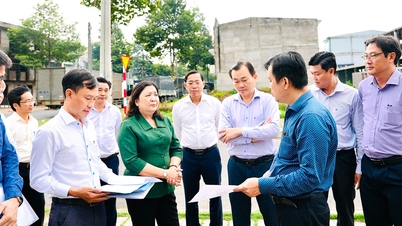

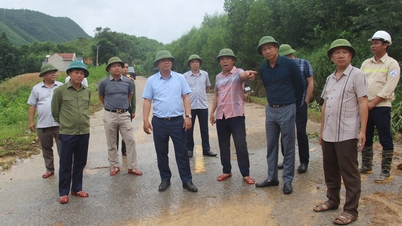















Comment (0)